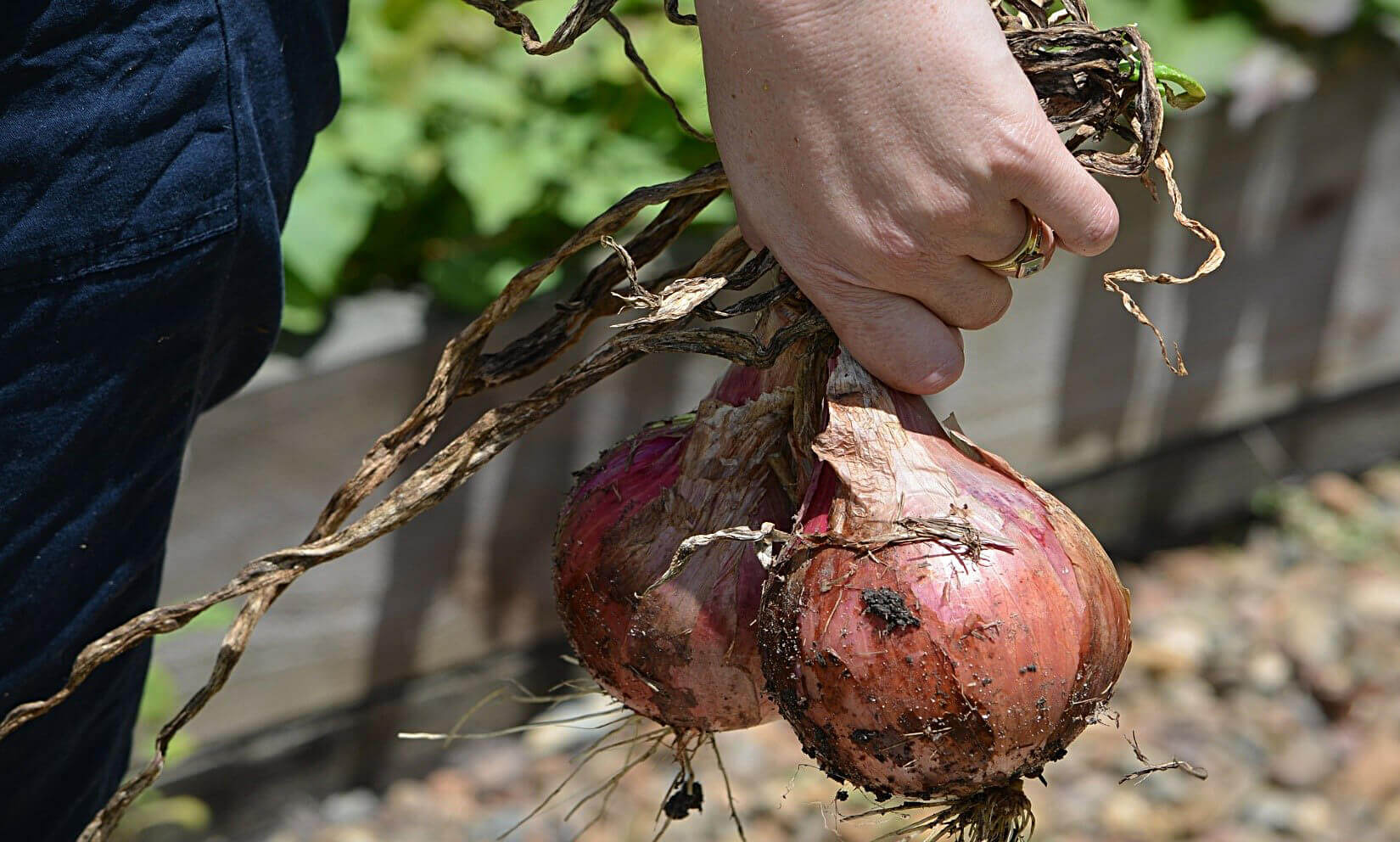Maintaining a healthy farm workforce is more important than ever to limit the spread of COVID-19 and to ensure a successful harvest. Purdue Extension recommends the following procedures to protect farm labor from COVID-19.
Farms should continue to enforce food safety best practices already in place such as proper hand-washing, monitoring for employees with symptoms of illness and training them on proper procedures if they experience any sickness.
It is imperative that growers review and follow the U.S. Centers for Disease Control and Prevention (CDC) guidelines to limit the spread of COVID-19. Guidelines include keeping workers at least six feet apart to comply with social distancing, frequent hand-washing, avoiding touching your eyes, nose and mouth, and staying home if you are sick. If a task doesn’t allow for workers to maintain social distancing, farms could consider using personal protective equipment (PPE) to protect their workforce. Growers are encouraged to repurpose PPE that is already on the farm such as dust masks, face shields and nitrile gloves.
If possible, PPE must be thoroughly cleaned and sanitized after every use. PPE that cannot be thoroughly cleaned and sanitized should be designated for use by a single employee, and it should not be shared. Directions for sanitizing PPE can be found here.
Growers may also need to adjust transportation methods at the farm to maintain social distancing. If possible, workers should refrain from driving personal vehicles to production areas. If that is unavoidable, the farm needs to provide a designated parking area away from harvesting activities. All vehicles need to be cleaned and sanitized frequently.
Supervisors must continue to review and enforce proper hand-washing and educate workers on recognizing COVID-19 symptoms. A list of COVID-19 symptoms can be found here.
Finally, it is recommended that supervisors and owners monitor and document the health of their workforce. A daily health check could include asking workers prior to their shift if they are experiencing respiratory illness symptoms or using a touchless thermometer to take their temperature. Supervisors should use PPE to limit the spread of COVID-19 if they are within six feet of employees during these health checks.
“Our best chance for having a healthy labor force to bring in the crops at harvest time is to start at the beginning of the season by aggressively managing and monitoring the health of our workers,” said Scott Monroe, food safety extension educator for Purdue Extension.
Additional COVID-19 resources for produce growers can be found at Safe Produce Indiana and Purdue Extension.






